Next spring, parliamentary elections will be held in Hungary. The past thirty-six years have shown that competing parties begin preparing for the parliamentary election campaign a year in advance. It seems that this time is no different, Tamas Sulyok wrote on his social media page. Hungary's president warned that in recent days and weeks, aggressive tones in political discourse have gained strength, and unfortunately, physical violence has also appeared—both on the streets and, unusually for Hungary, in the National Assembly.

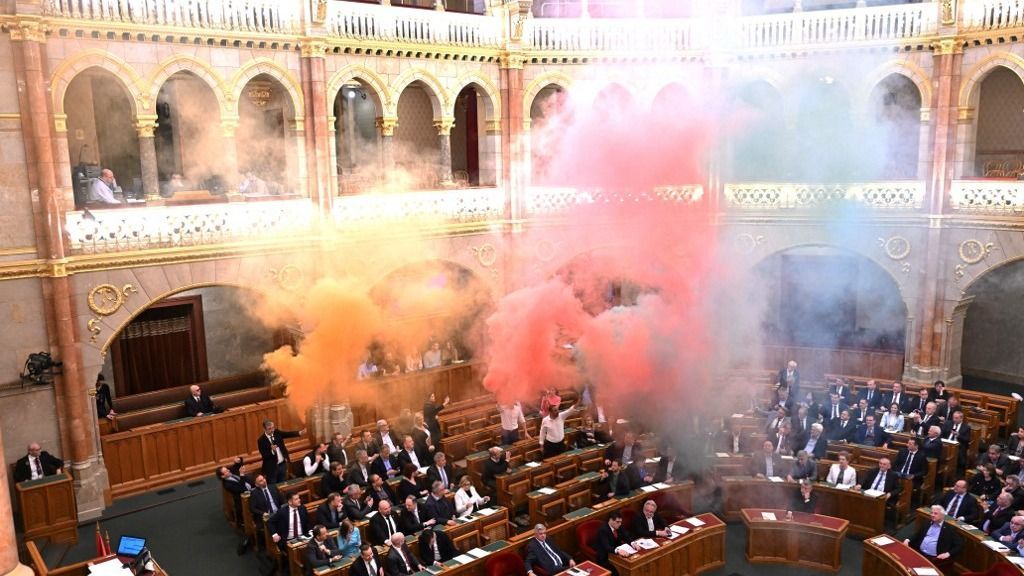
(Photo: AFP/Attila Kisbenedek)
Despite the echo chambers created by social platforms over the past decade, which often paralyze meaningful dialogue, we live in the same country, and it is our shared homeland. While we live in the same nation, we have different goals and different views on the world, and
the very clash of these differing goals and ideas is the essence of democracy,
Tamas Sulyok pointed out. However, the means by which we fight these battles do indeed matter, he added.
Public figures, particularly those holding public office, shaping opinions, and influencing large audiences, bear a special responsibility. If they refuse to show respect to their opponents or consider verbal or unlawful physical violence an acceptable tool, they are not just setting an example for their followers, the president warned.
Anyone who fails to show basic respect towards opposing politicians, media workers, or anyone perceived as an opponent, anyone who seeks to gain political capital through threats, incitement, and extreme demagogy, is also fomenting aggression against himself and his supporters in certain members of the public with differing opinion,
Tamas Sulyok underlined. It is not too late, now is the time to stop, he pointed out.
The internet and social platforms have suddenly given everyone the opportunity to shape public opinion. However, this also comes with responsibility, the president stressed. This also applies to those who, without thinking, impulsively hurl often indecent, vulgar comments at others, he added.
The same word that might be a simple jab in the offline world can escalate into virtual lynching in the digital space,
he noted, pointing out that virtual lynching can lead not only to psychological trauma but also to physical violence.


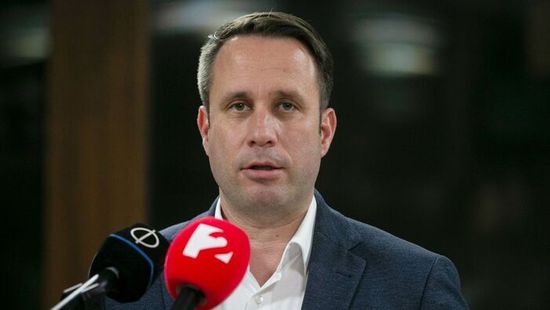
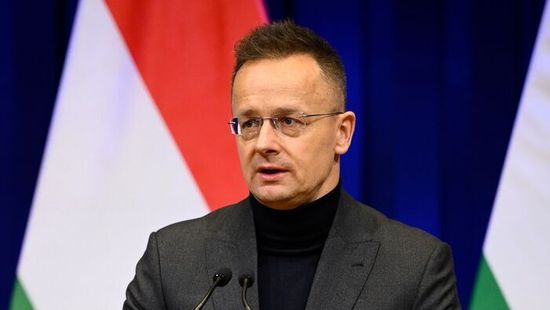




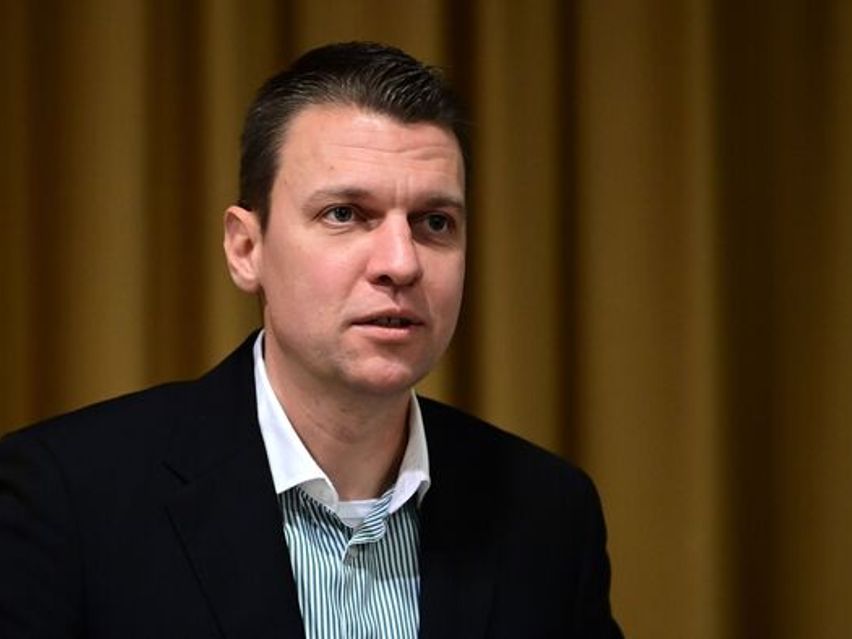
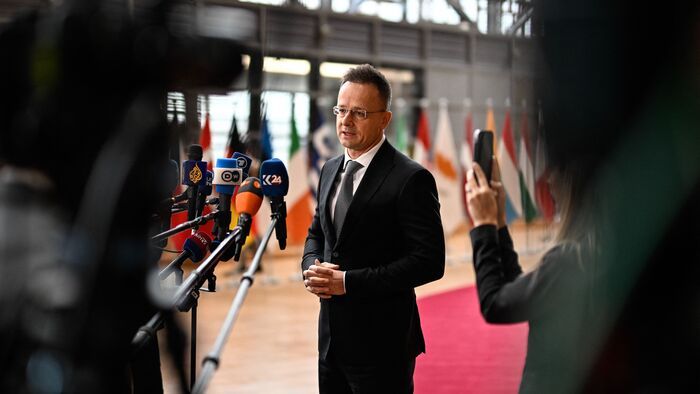



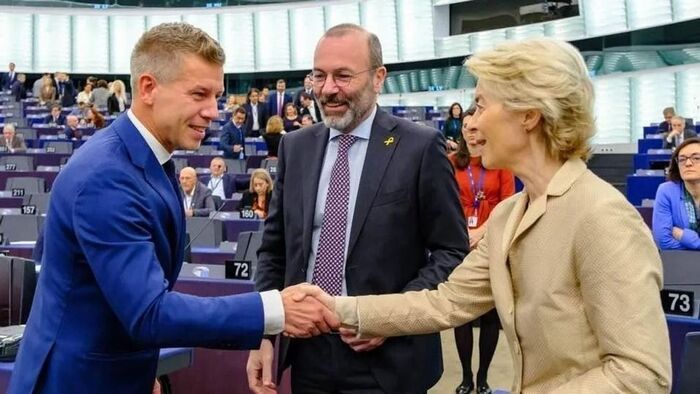


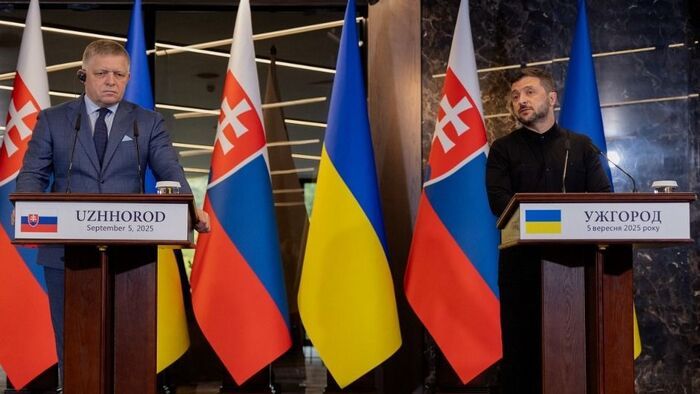
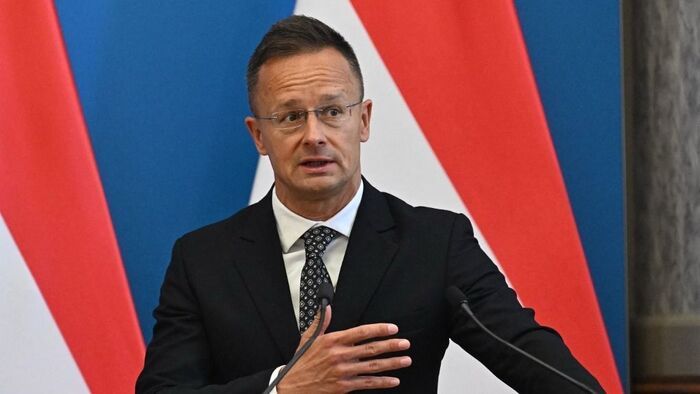





Szóljon hozzá!
Jelenleg csak a hozzászólások egy kis részét látja. Hozzászóláshoz és a további kommentek megtekintéséhez lépjen be, vagy regisztráljon!